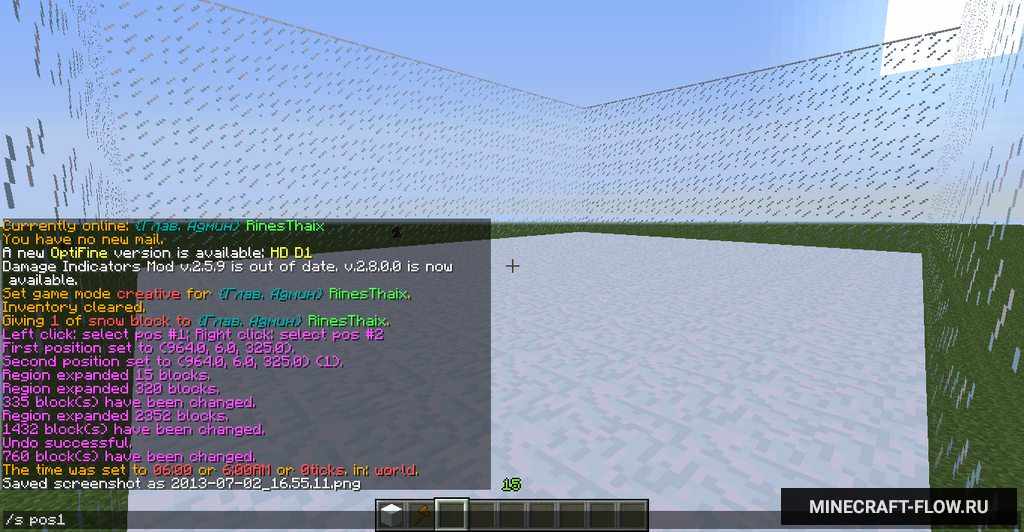

To the extent that the contents of this document contains any financial product advice, it is general advice only and has been prepared by Goldman Sachs without taking into account a client's objectives, financial situation or needs. In some instances the costs of such site visits or meetings may be met in part or in whole by the issuers concerned if Goldman Sachs Australia considers it is appropriate and reasonable in the specific circumstances relating to the site visit or meeting. In producing research reports, members of the Global Investment Research Division of Goldman Sachs Australia may attend site visits and other meetings hosted by the companies and other entities which are the subject of its research reports. This research, and any access to it, is intended only for "wholesale clients" within the meaning of the Australian Corporations Act, unless otherwise agreed by Goldman Sachs. Australia: Goldman Sachs Australia Pty Ltd and its affiliates are not authorised deposit-taking institutions (as that term is defined in the Banking Act 1959 (Cth)) in Australia and do not provide banking services, nor carry on a banking business, in Australia. The following disclosures are those required by the jurisdiction indicated, except to the extent already made above pursuant to United States laws and regulations. LLC and therefore may not be subject to FINRA Rule 2241 or FINRA Rule 2242 restrictions on communications with subject company, public appearances and trading securities held by the analysts.Īdditional disclosures required under the laws and regulations of jurisdictions other than the United States analysts may not be associated persons of Goldman Sachs & Co. Analyst as officer or director: Goldman Sachs policy generally prohibits its analysts, persons reporting to analysts or members of their households from serving as an officer, director or advisor of any company in the analyst's area of coverage. Analyst compensation: Analysts are paid in part based on the profitability of Goldman Sachs, which includes investment banking revenues. The following are additional required disclosures: Ownership and material conflicts of interest: Goldman Sachs policy prohibits its analysts, professionals reporting to analysts and members of their households from owning securities of any company in the analyst's area of coverage. Thus, we now view the risks to our baseline funds rate forecast as more clearly tilted to the downside than before the invasion. But there is an even bigger risk that the adverse shock to the global economy will trigger a large tightening in financial conditions that persuades Fed officials to pause (or even reverse) the hikes before too long. There is some risk that the fresh price shock will unanchor inflation expectations and force the FOMC to tighten in larger 50bp increments down the road. However, the risks around our baseline funds rate path have grown. In this baseline forecast, the growth and inflation effects of the Russian invasion broadly cancel out, leaving the FOMC with an acute need to rein in the overheating in the labor market. We have made no changes to our baseline forecast that the FOMC will deliver seven hikes in 2022-almost certainly starting with a 25bp move on March 16-and have nudged up our terminal funds rate estimate by 25bp to 2¾-3% on the back of an upward revision to core PCE inflation in 20. We estimate that a sustained $20 shock will lower real GDP by 0.6% in the Euro area, where consumers are hit by another cost of living blow, and a more modest 0.3% in the US, where consumers also lose out but increased domestic production and investment in shale provides a partial offset.ĥ. Reflecting these concerns, the crisis has already pushed up Brent and WTI benchmark crude prices by more than $20/barrel, and our commodity strategists see a potential for further gains. In fact, it is possible that any Western oil sanctions-which are gaining increasing support in Congress-would also apply to third countries. But this “rearrangement of the deck chairs” isn’t perfect, not only because of increased transport costs and other technical frictions but also because China and India may be reluctant to increase their imports and corresponding payments sharply at a time when Russia is becoming a global pariah. If Western countries buy less Russian oil, China and India could in principle buy more Russian oil and correspondingly less Saudi and other oil, which can then flow to the West.


 0 kommentar(er)
0 kommentar(er)
